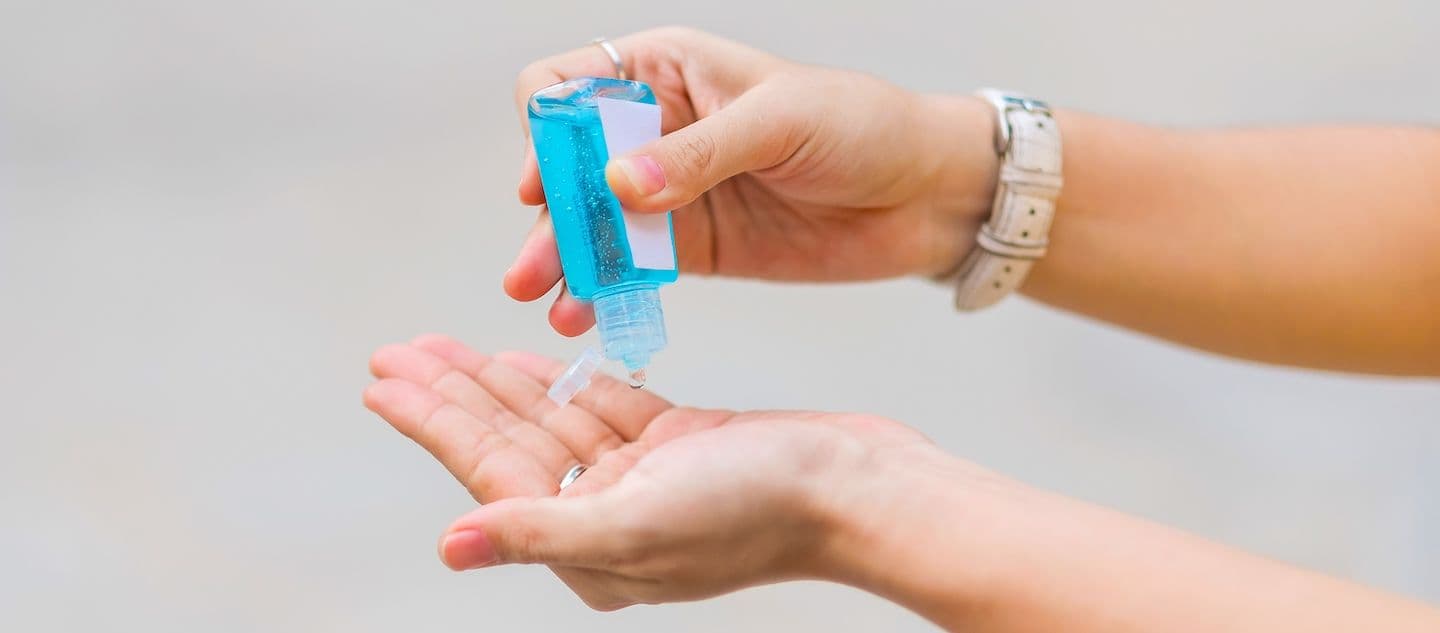How To Protect Yourself from COVID-19
Infections
Obie Editorial Team

Here is what we know about Coronavirus transmission
There is still a lot we need to learn about COVID-19. The CDC publishes regularly an update on this. The virus often affects the respiratory tract leading to lung infection (pneumonia). It can be spread from person-to-person, mainly via respiratory droplets produced when an infected person coughs or sneezes, similar to how influenza and other respiratory pathogens spread. The spread of SARS and MERS between people has generally occurred between close contacts. While person-to-person transmission usually occurs when someone has symptoms, reports indicate that COVID-19 transmission often hapspens from a person without symptoms.
How easily can COVID-19 be spread?
The majority of patients with COVID-19 present with mild illness, with less than 10% of cases progressing to severe disease, and most of these i high-risk groups (eg co-morbidities, ethnicitis, race, age). How easily a virus spreads from person-to-person can vary.
According to the US FDA, COVID is not spread by food or food packaging: "..based on our understanding of currently available reliable scientific information, and supported by overwhelming international scientific consensus, that the foods they eat and food packaging they touch are highly unlikely to spread SARS-CoV-2."
For confirmed COVID-19 infections, reported illnesses have ranged from people not being sick at all, being mildly sick to people being severely ill and dying.
Commonly reported symptoms:
- fever
- cough
- shortness of breath
Less common symptoms include:
- myalgia
- fatigue
- sputum production
- confusion
- headache
- sore throat
- runny nose
- chest pain
- coughing up blood
- diarrhea
- nausea/vomiting
Symptoms of COVID-19 may appear in as few as 2 days or as long as 14 after initial exposure and the virus can be shed and transmitted before symptoms appear.
Does wearing a face mask help prevent infection?
Yes, wearing a mask all the time helps prevnt you from becoming infected or infect others. A 3-layer mask or double masking work better than single layer masks. In addition to wearing a mask, to prevent an infection with coronavirus you should wash your hands regularly with soap, avoid touching your face, and social distance.
How to protect yourself from COVID-19
Here is what the CDC recommends:
- Wash your hands often with soap and water for at least 20 seconds. Use an alcohol-based hand sanitizer that contains at least 60% alcohol if soap and water are not available.
- Avoid touching your eyes, nose, and mouth with unwashed hands.
- Social distance.
- Stay home when you are sick.
- Cover your cough or sneeze with a tissue, then throw the tissue in the trash.
- Cover your mouth and nose with a cloth face cover preferably a 3-layer mask or double masks when around others and in public
- Clean and disinfect frequently touched objects and surfaces.
- Do not gather in groups
Recommendations are updated regularly. Read more here about the most recent CDC recommendations.
If you are sick and especially if you have fever, let your doctor know right away.
- What is COVID-19 (2019-Novel Coronavirus)?
- Coronavirus 2019-nCoV COVID-19 and Pregnancy
- Thriving During Pregnancy Amid the Coronavirus Outbreak
- Are Pregnant Women at Higher Risk of Contracting Coronavirus?
- Coronavirus: Separating Fact from Fiction
- During COVID-19 Crisis: Is Home Birth Better Than Hospital Birth?
- Real Body Talk: Stop Objecting to Staying Home During COVID-19 Quarantine
Read More














